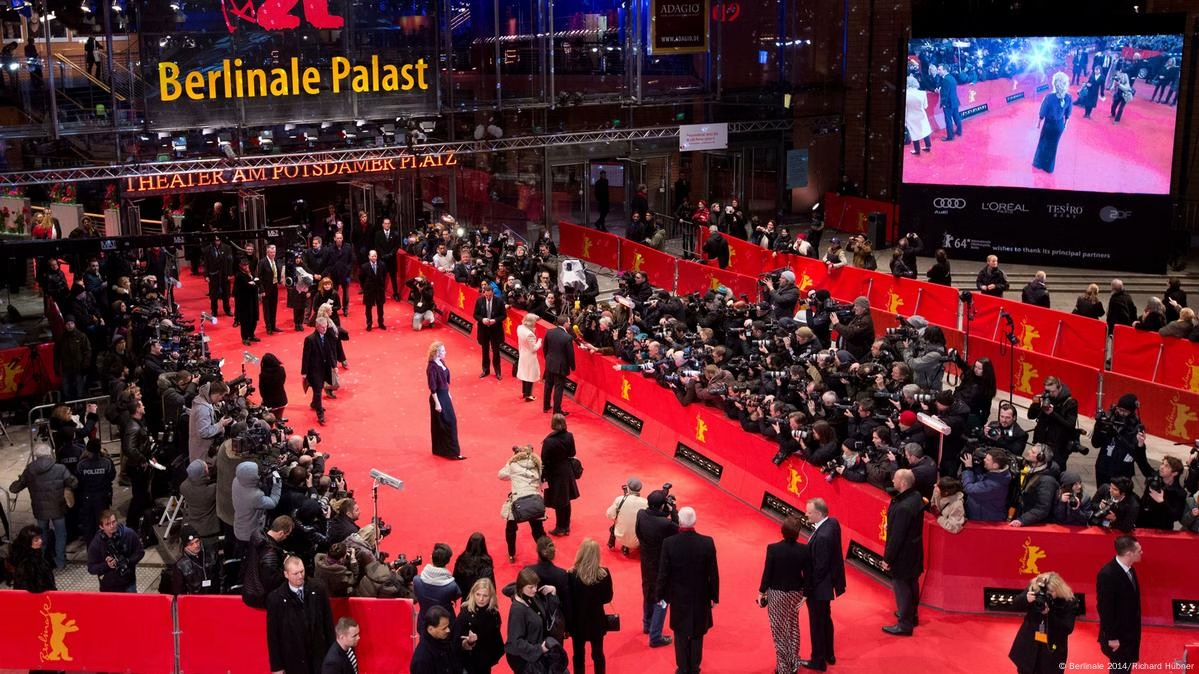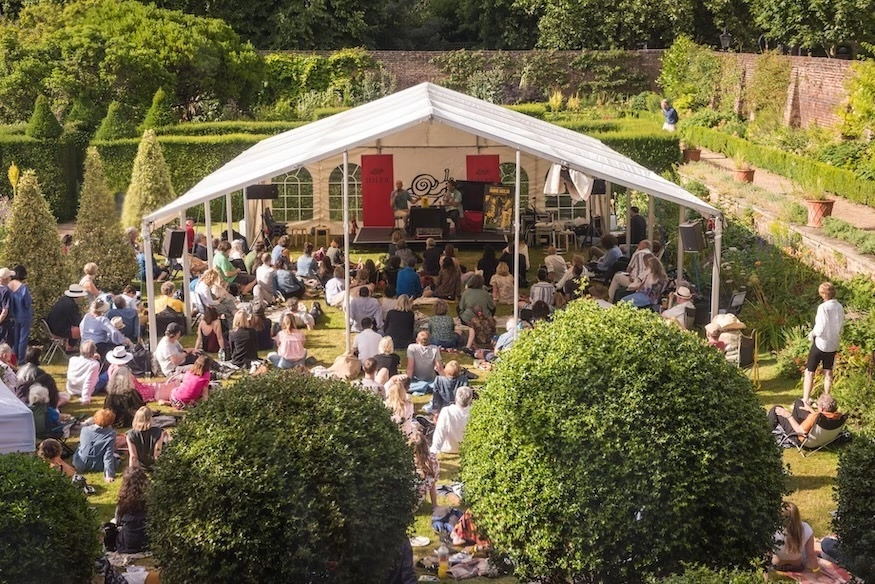The History of the Berlinale Film Festival Explained: A Cultural Odyssey
The Berlin International Film Festival, affectionately known as the Berlinale, stands as a beacon of cinematic culture and global storytelling, weaving together art, politics, and innovation since its inception in 1951. Held annually in Berlin, Germany, this prestigious event is one of Europe’s “Big Three” film festivals, alongside Cannes and Venice, and a cornerstone of the global film industry. For cinephiles and cultural enthusiasts, the Berlinale is more than a showcase of films—it’s a cultural dialogue that reflects the world’s complexities through artistic cinema.
Origins: A Showcase of the Free World
The Berlinale was born in 1951 during the Cold War’s peak, a time when Berlin was a divided city symbolizing ideological tensions. Conceived by Oscar Martay, a U.S. military film officer stationed in West Berlin, the festival aimed to be a “showcase of the free world,” promoting cultural exchange through cinematic storytelling. On June 6, 1951, the first Berlinale opened at the Titania-Palast with Alfred Hitchcock’s Rebecca (1940), attended by its star, Joan Fontaine. Supported by American military loans and a committee of West Berlin Senate members and German film industry figures, the festival set out to counter Soviet influence with artistic expression. Its top prize, the Golden Bear, named after Berlin’s city symbol, was awarded to Martay for his vision, while Disney’s Cinderella (1951) won the audience-choice Big Bronze Plate, marking the Berlinale’s early populist spirit.
Cultural Insight: The Berlinale’s inception reflected post-war optimism and cultural resilience, using cinema as activism to foster unity in a fractured world, a legacy that defines its political cinema ethos.
Evolution Through the Decades
The Berlinale’s journey mirrors Berlin’s own transformation from a divided city to a global cultural hub. Key milestones include:
- 1950s: Establishing a Legacy
Initially held in June, the festival quickly gained traction. In 1955, Robert Siodmak’s Die Ratten became the first (West) German film to win the Golden Bear, signaling the festival’s commitment to German cinema. By 1957, the historic Zoo Palast became its main venue, hosting screenings until 2000. The Berlinale’s early years leaned on audience-driven awards, reflecting its public focus.

- 1960s: Political Tensions and Controversy
The 1960s tested the Berlinale’s political cinema identity. In 1963, post-Berlin Wall, East German television broadcast festival highlights, a rare cultural bridge across the Iron Curtain. Controversy erupted in 1964 when festival director Alfred Bauer, under church pressure, rejected Vilgot Sjöman’s 491 from competition, highlighting tensions between artistic freedom and censorship. In 1968, Werner Herzog’s debut, Lebenszeichen, premiered, marking the festival’s role in nurturing emerging filmmakers.

- 1970s: A Political Flashpoint
The 1970 festival was halted abruptly when Michael Verhoeven’s anti-war film o.k. sparked controversy. The jury, led by George Stevens, removed it from competition citing a FIAPF guideline on fostering “understanding between nations,” leading to the cancellation of awards—a pivotal moment in the Berlinale’s political cinema reputation. In 1978, the festival shifted to February, aligning with its modern schedule and boosting its global film industry profile.
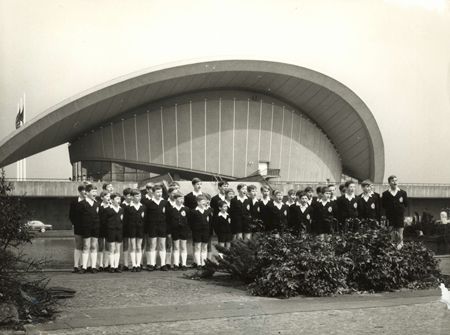
- 1980s–1990s: Global Expansion
The fall of the Berlin Wall in 1989 transformed the Berlinale into a symbol of reunification. By the 1990s, it embraced world cinema, showcasing directors like Ang Lee and Asghar Farhadi. The move to Potsdamer Platz in 2000, with the Berlinale Palast as its heart, cemented its status as a cinematic hub.
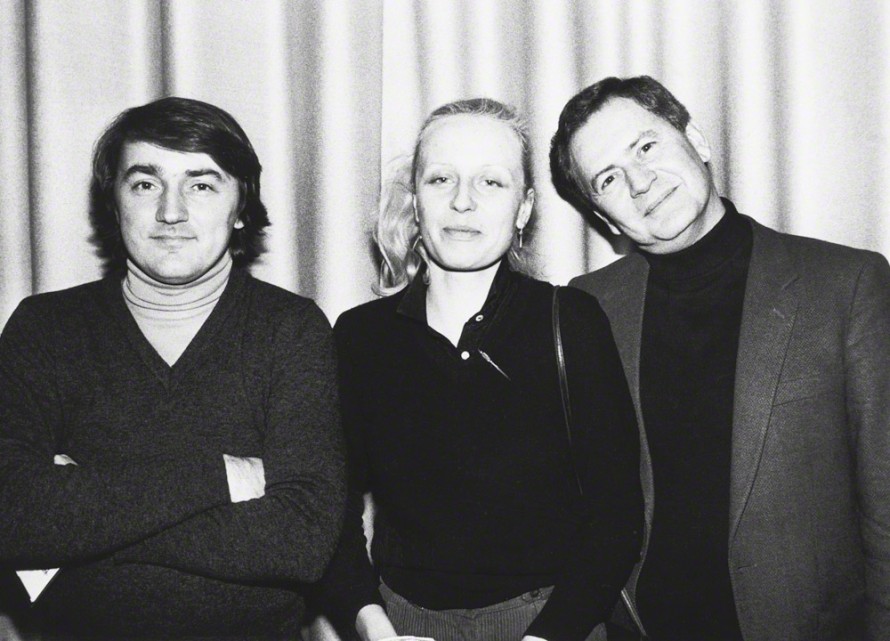
- 2000s–Present: Diversity and Innovation
Under Dieter Kosslick’s leadership (2001–2019), the Berlinale expanded to 400 annual screenings, drawing 300,000 ticket sales and 20,000 industry professionals. New sections like Berlinale Series (2015) for TV and Berlinale Talents (2003) for young filmmakers broadened its scope. In 2019, Mariette Rissenbeek became the first woman to lead as executive director, alongside Carlo Chatrian, ushering in a new era of inclusive cinema. The 2025 festival, led by jury president Todd Haynes and honoring Tilda Swinton with an Honorary Golden Bear, continues to champion artistic innovation.
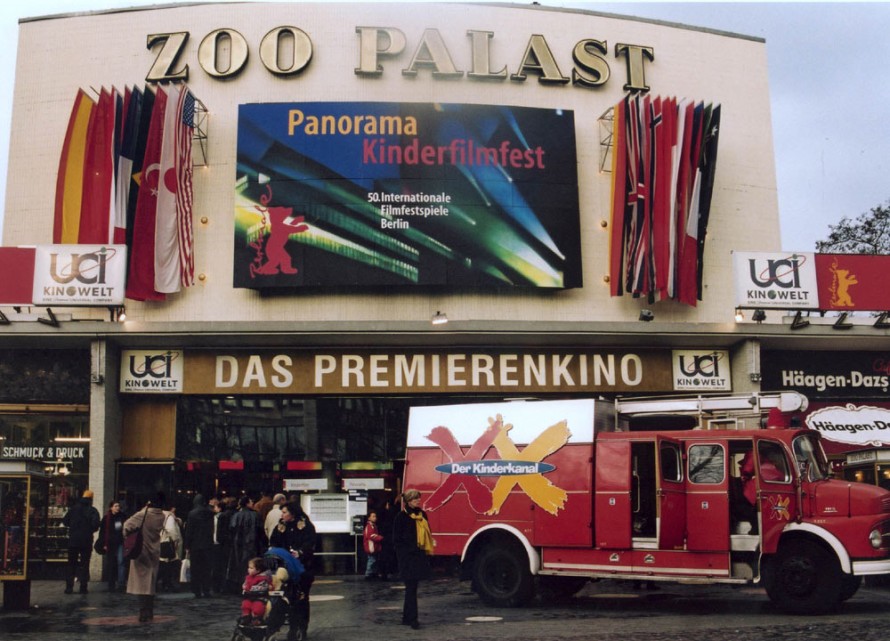
Cultural Insight: The Berlinale’s evolution reflects Berlin’s rebirth as a cultural capital, with sections like Panorama (queer and feminist films) and Forum (experimental cinema) amplifying marginalized voices, making it the most political of the “Big Three.”
Key Cultural Contributions
The Berlinale’s cinematic heritage lies in its commitment to diversity, dialogue, and artistic expression:
- Political Engagement: From showcasing o.k. to 2024’s pro-Palestine statements by Golden Bear winner Mati Diop (Dahomey), the festival embraces cinema as activism, addressing issues like human rights and global conflicts. Despite controversies, such as the 2024 hacking of its Panorama Instagram with pro-Palestine messages, it remains a platform for free speech.
- Diverse Programming: With nine sections—Competition (20 films vying for Golden and Silver Bears), Panorama (daring, queer cinema), Forum (experimental works), Generation (youth-focused), and more—the Berlinale caters to all tastes. Berlinale Shorts and Berlinale Series highlight short films and TV, while Retrospective and Berlinale Classics revive cinematic history.
- Industry Impact: The European Film Market (EFM) hosts 10,000 professionals, fostering co-productions and distribution. Berlinale Talents nurtures 250 emerging filmmakers annually, with 2025 workshops featuring stars like Marion Cotillard and Timothée Chalamet.
- Cultural Accessibility: With 300,000 tickets sold and venues like Berlinale Palast, Zoo Palast, and Kino International, the festival is the world’s largest public film event, welcoming cinephiles and casual fans alike.
The Berlinale in 2025: A Milestone Year
The 75th Berlinale (February 13–23, 2025) celebrates its cinematic legacy with highlights like:
- Honorary Golden Bear: Tilda Swinton receives this lifetime achievement award, with screenings of her iconic films.
- Star-Studded Lineup: Premieres include Richard Linklater’s Blue Moon (with Ethan Hawke, Margaret Qualley) and Bong Joon Ho’s Mickey 17. Panorama and Forum feature queer and experimental works, while Generation targets young audiences.
- Cultural Venues: Screenings span 15 iconic cinemas, from the glamorous Berlinale Palast to the retro Kino International, embedding the festival in Berlin’s cultural landscape.
- Political Resonance: Following 2024’s controversies, the festival continues to navigate its political cinema identity, balancing free expression with global sensitivities.
Cultural Tip: Attend Berlinale Goes Kiez screenings at local art-house cinemas for an intimate cinematic experience, or join Berlinale Talents public talks for insights from filmmakers like Robert Pattinson.

Cultural Perspective: A Global Stage
The Berlinale’s Berlinale history is a testament to cinema’s power to unite and provoke. From its Cold War roots to its 2025 milestone, it has championed emerging filmmakers (Wes Anderson’s The Grand Budapest Hotel, 2014) and bold voices (Mati Diop’s Dahomey, 2024). Its political cinema ethos, seen in controversies like o.k. or 2024’s pro-Palestine protests, underscores its role as a platform for cultural dialogue. By embracing world cinema, from Korean literature-inspired films to Latin American narratives, the Berlinale reflects Berlin’s evolution into a global cultural hub. For cultural enthusiasts, it’s a pilgrimage to celebrate cinematic heritage and artistic innovation.
Final Note
The Berlinale is more than a film festival—it’s a cultural odyssey that captures the pulse of world cinema. From its 1951 debut with Rebecca to 2025’s celebration of Tilda Swinton, it has shaped cinematic culture through bold storytelling and political engagement. Whether you’re a cinephile chasing world premieres or a cultural enthusiast exploring Berlin’s cultural landscape, the Berlinale offers an unforgettable journey. Dive into its cinematic heritage and let its stories inspire you.
Stay tuned to our site for more cultural event guides and share your Berlinale adventures at [email protected]!


